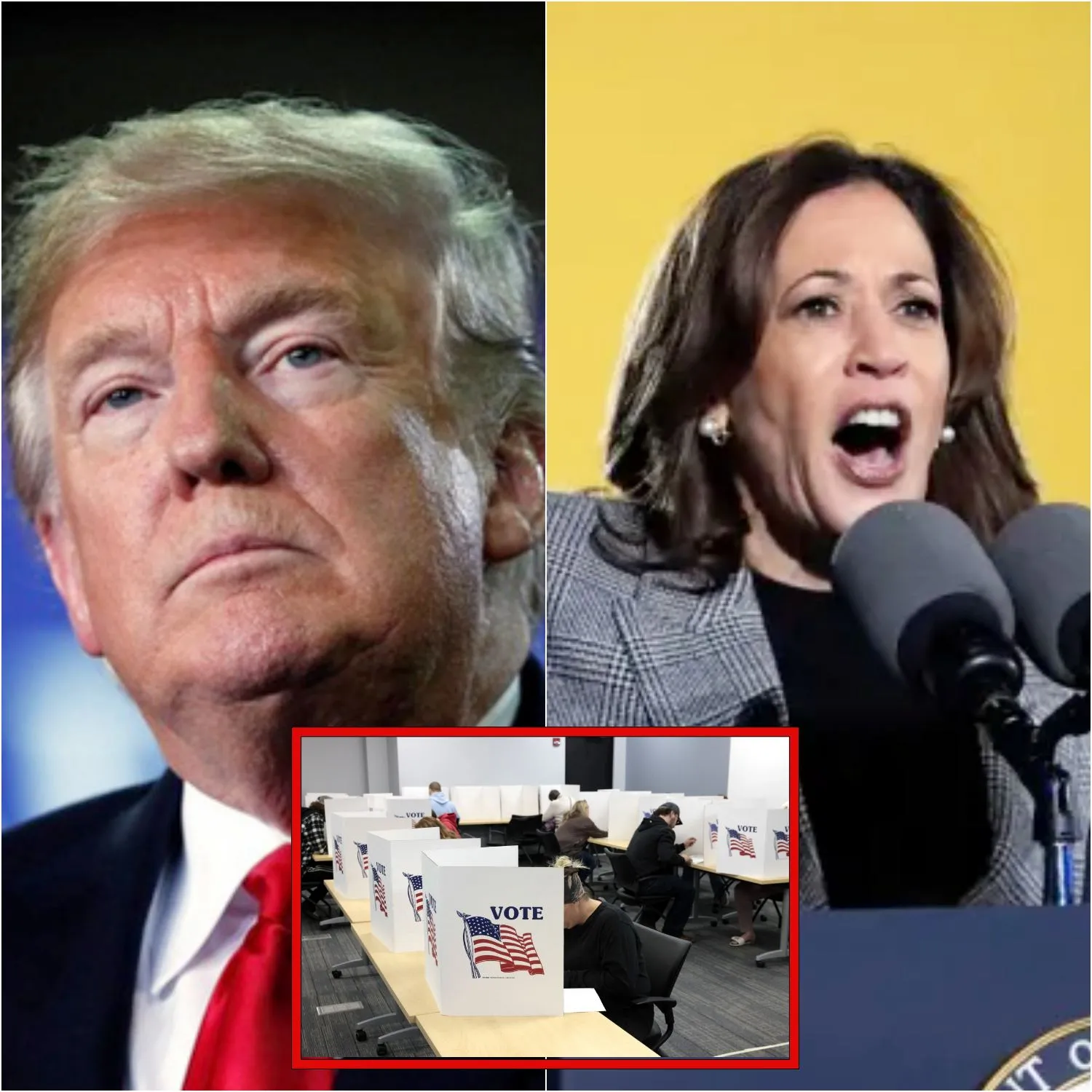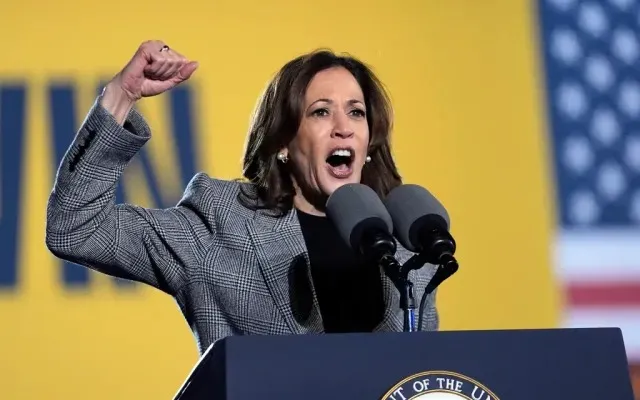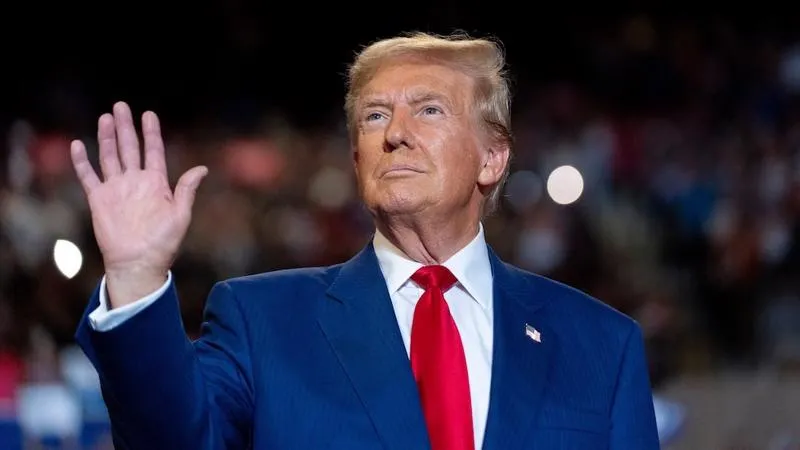In a dramatic turn of events, Vice President Kamala Harris has reportedly taken aim at former President Donald Trump over a newly surfaced allegation claiming that he spent over $250 million to influence votes ahead of the 2024 election. The leaked information has ignited debate and drawn significant attention from both sides of the political spectrum as questions arise over the ethical and legal implications of such a move, if proven true.

According to an anonymous source, Donald Trump allegedly allocated a staggering $250 million in efforts that some say could constitute vote-buying. Details remain murky, but the claim suggests that the funds were channeled into various forms of influence aimed at bolstering voter support. Critics argue that this approach may blur ethical lines, casting doubts on the integrity of election practices.
While Trump has yet to respond publicly to these allegations, his team has historically dismissed similar claims, labeling them as attempts to discredit his campaign and distract voters. However, the magnitude of the alleged amount—$250 million—has intensified the public’s scrutiny and fueled debates on social media and news platforms.
Vice President Harris didn’t hold back in her criticism, addressing the alleged scheme during a recent campaign rally. She underscored her commitment to fair and transparent elections, emphasizing that such tactics, if true, would erode public trust in the democratic process. Harris stated, “Our democracy relies on the integrity of each and every vote. No one should be able to purchase the voice of the people with money or influence.”
Harris’s remarks were met with applause, particularly among her supporters who view her comments as a reinforcement of her commitment to fair play in the election. Her statement reflects her role in upholding what she calls the “principles of democracy,” framing the alleged actions as contrary to those values.
Unsurprisingly, the leaked information and Harris’s comments have elicited strong reactions from political figures and the public alike. Democrats largely rallied behind Harris, seeing the alleged actions as an assault on the democratic process. Many expressed concerns that, if the allegations are verified, such tactics could undermine confidence in future elections.
On the other hand, Trump’s supporters argued that these claims are politically motivated. They pointed out that similar accusations surfaced in previous elections, many of which were ultimately unsubstantiated. For Trump’s loyal base, the leak appears to be part of a larger attempt to derail his influence as a major political figure, suggesting that the timing is suspect.
The stakes for the upcoming election are high, with both major parties investing heavily in their respective campaigns. If the allegations against Trump gain traction or lead to a formal investigation, they could have significant repercussions for his influence in the race. Meanwhile, Harris’s direct response signals her dedication to transparency and accountability, positioning her as a defender of democratic values in the face of contentious allegations.
As the situation unfolds, election integrity remains a central concern, with heightened attention on campaign practices, funding transparency, and voter influence. Both parties may face increased scrutiny regarding their fundraising and voter outreach methods.
While the claims remain unverified, they serve as a stark reminder of the complexities involved in modern political campaigns, where the line between acceptable voter outreach and undue influence can blur. Kamala Harris’s critique of Trump underscores the deep divisions in American politics, reflecting broader concerns about election fairness and the future of democracy.
As investigations and public reactions continue, the 2024 election will likely go down as one of the most closely watched and highly contested in recent memory, with integrity and transparency in campaign practices under the spotlight.